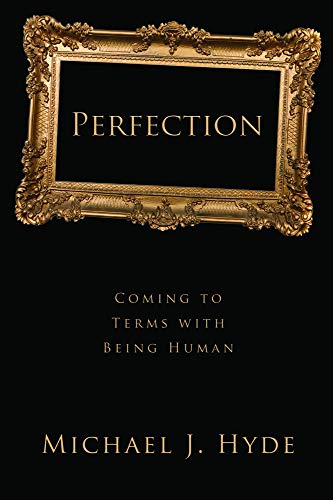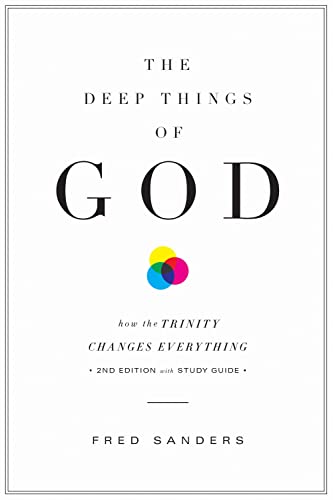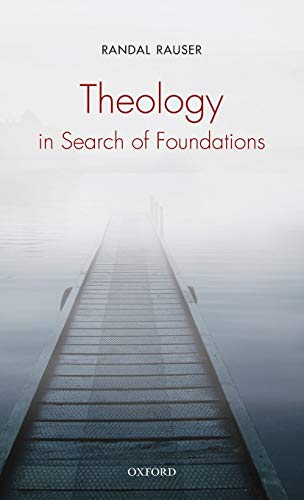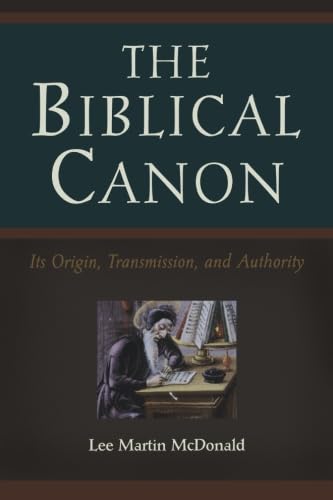Counsel from the Cross: Connecting Broken People to the Love of Christ
Written by Elyse M. Fitzpatrick and Dennis E. Johnson Reviewed By Joe FleenerAs someone who was “reared” within the biblical counseling (specifically Nouthetic) movement, I have longed for a book like this. I see it as a gift from God that I came to Christ, was discipled, and mentored by those who were committed not only to the authority of Scripture, but its sufficiency. However, for nearly ten years, I have had a nagging uncomfortable sense of insufficiency—not with Scripture, but with the approach many within the broader biblical counseling movement have taken to their methodology.
Fitzpatrick and Johnson put flesh on my “uncomfortable sense” and offer critical counsel to those involved in counseling. They state in the introduction,
Restating the Gospel truth is vital for brothers and sisters who identify themselves as “biblical” counselors and who are already convinced of the sufficiency of Scripture that answers life’s problems. To these dear friends we are issuing a gentle call to remember Jesus and the declarations of the gospel. Biblical counselors have fought a long and difficult battle to call the church back to her confidence in the Word of God in order to effect change in the lives of God’s people. This is a great good. But in our desire to bring Scripture to our friends and counselees, have we overemphasized the imperatives or obligations of Scripture but neglected the declarations or indicatives? This is a question every biblical counselor should ask him-or herself. Only you know if, in your desire to help others grow in godliness, you have left Jesus behind. (pp. 20–21)
This book is not a critique of the biblical counseling movement or any particular flavour therein. Rather, the authors endeavour to lay out a gospel-centred, cross-focused approach to counseling. The authors desire to simply apply the “old, old story,” but in doing so they offer a breath of fresh air to counselors and counselees alike.
Counsel from the Cross is organised into an introduction, nine chapters, and four appendices. In the introduction and first four chapters, the authors develop their thesis that the gospel is rooted in the indicatives of the NT. They accomplish this by reminding the reader of the centrality of Christ to all of Scripture and showing how he ought to be central to all the church does—preaching, baptism, the Lord’s supper, and fellowship. In chapter three, the authors demonstrate from Scripture how “God’s immeasurable love” has remedied man’s greatest need—forgiveness and freedom from sin—in the person and work of Jesus Christ. Chapter four introduces the reader to the “happy moralist,” “sad moralist,” and “gospel-centered Christian.” These characters are developed to demonstrate how people often try to live their lives in order to be accepted by God, rather than living a life of thankfulness to God for the fact that he has already accepted them in Christ.
[The happy moralist] I know God loves me; why wouldn’t he? These folks recognize there is a God who has rules of some sort, but they assume they are doing a pretty good job of keeping them. (pp. 73–74)
[The sad moralist] I can’t believe God loves me like that; why would he? He believes that he ought to be able to do better, so he is harsh with himself, and he thrashes himself with condemnation, hoping that by so doing he will be able to obey and finally rest. (p. 79)
[The gospel-centred Christian] I’m amazed and enthralled every day as I consider his love for me! (p. 82)
The rest of the book develops what a gospel-centred Christian looks like and how one counsels others to grow into gospel-centred Christians.
Chapter 5 details the authors’ understanding of “gospel-centered counseling”:
Very briefly, gospel-centered counseling, as we are defining it, is the process of one Christian coming alongside another with words of truth to encourage, admonish, comfort, and help—words drawn from Scripture, grounded in the gracious saving work of Jesus Christ, and presented in the context of relationship. The goal of this counseling is that the brother or sister in need of counsel would grow in his or her understanding of the gospel and how it applies to every area of life and then respond in grateful obedience in every circumstance, all to the building up of the church and for the glory of God. (p. 92)
In this chapter they address “the Law and the Gospel” before diving into a key biblical counseling passage, Eph 4:22–24, where they outline the gospel-declarations and gospel-obligations (p. 97). The authors briefly and competently work through this important theological theme while exegeting Eph 4:22–24.
In chapters 6–8, Fitzpatrick and Johnson apply the gospel to the three primary spheres of biblical counseling—sanctification, emotions, and relationships. In these three chapters the authors demonstrate that a thoroughly cross-centred, gospel-saturated approach to biblical counseling offers the greatest foundation for change in peoples’ lives: the sufficiency of Scripture and Christ.
The final chapter, “The Gospel Story and the Glory Story,” compares two ways to live and counsel. The “glory story” is the belief that all we really need is to try harder and do the right things in order to find freedom, peace, rest, and fulfilment. The “gospel story” is the belief that we are accepted by God because of the finished work of Christ. Freedom, peace, rest, and fulfilment are all found in him. Our hope is not in this life but in eternity, which is assured in Christ based upon his victorious resurrection. We can change because of the work the Spirit is doing in our lives. We are motivated to change because we see the immeasurable love of our Heavenly Father displayed in the substitutionary death of his Son.
Counsel from the Cross also contains four helpful appendices: (1) “Why Biblical Counseling?” is an excellent, brief defence for biblical counseling as opposed to an integrationist approach to counseling. (2) “Scripture Passages by Topic for Use in Counseling” is a unique and extremely helpful tool to include in a book such as this. Although other books contain Scripture passages categorized by topic to aid in counseling, this list uniquely identifies the gospel-declaration along with the gospel-obligation in each passage. It avoids proof texting and listing verses in such a way that they are used as “here is a list of things you need to do to fix your problem.” Rather the reader/counselor sees right in the list the gospel-motivation for change. (3) “The Best News Ever” presents the gospel along with Elyse Fitzpatrick’s personal testimony of her faith in Christ. (4) “Psalm 78” is the text of that psalm from the ESV.
Each chapter in Counsel from the Cross contains specific, practical examples where the topic of the chapter is applied in counseling. In addition, each chapter concludes with a series of questions to aid the reader in thinking carefully about how to “pursue counsel from the cross” in their own lives and the lives of those they counsel.
This book will serve any pastor or church leader involved in counseling immensely. It will be one of the books that will be taken from the shelf repeatedly as one seeks to faithfully Counsel from the Cross. It would also benefit Christians who want to grow in their love for Christ.
One weakness with the book that could be easily remedied is its cover. This may seem a bit pedantic, but the book’s cover is a surprisingly poor quality. It is easily bent or torn. As this is a book that will likely not be read once and placed on a shelf never to be referred to again, but rather one that will be pulled off the shelf regularly as a reference tool and passed along to others, a more durable cover would be a simple, but significant improvement to the overall quality of the book.
Joe Fleener
Joe Fleener
Howick Baptist Church
Howick, Auckland, New Zealand
Other Articles in this Issue
Most of our readers are theological students and pastors...
The Dazzling Darkness of God’s Triune Love: Introducing Evangelicals to the Theology of Hans Urs von Balthasar
by Stephen M. GarrettJürgen Moltmann observes that Christian theology and the Church face “a double crisis: the crisis of relevance and the crisis of identity...
Plots, Themes, and Responsibilities: The Search for a Center of Biblical Theology Reexamined
by Daniel J. BrendselIn the prolegomena to his “approach to biblical theology,” Charles H...
Since the mid-twentieth century biblical scholars have increasingly accepted that the texts of the Bible must be interpreted in terms of their literary genres...
The present age tends to regard polemics, theological controversies, and all-round doctrinal fisticuffs as, at best, a necessary evil, at worst, one of the most revolting aspects of Christianity...







